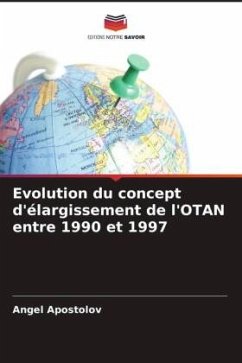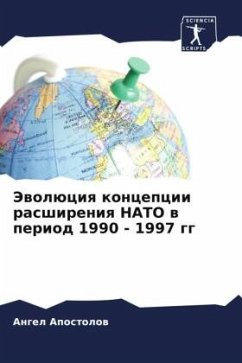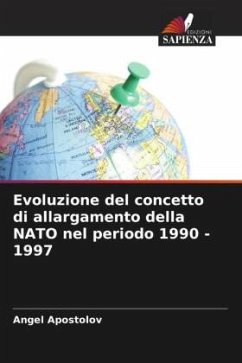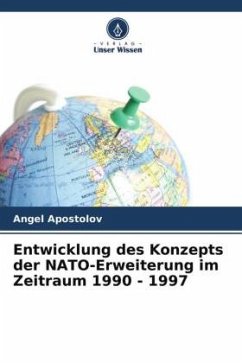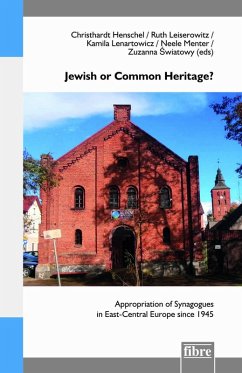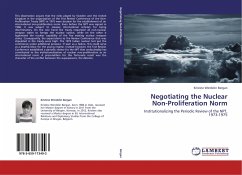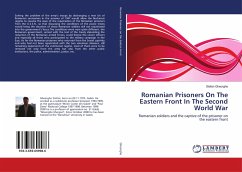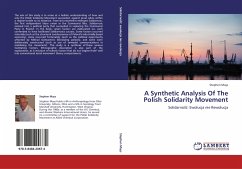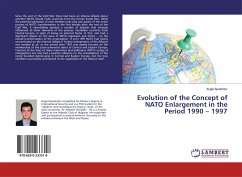
Evolution of the Concept of NATO Enlargement in the Period 1990 - 1997
Versandkostenfrei!
Versandfertig in 6-10 Tagen
27,99 €
inkl. MwSt.

PAYBACK Punkte
14 °P sammeln!
Since the end of the Cold War there had been an intense debate about whether NATO should invite countries from the former Soviet Bloc. While the potential admission of new members was only one aspect of the entire process of NATO transformation in the first decade after the end of the Cold War, it nevertheless sparked a number of debates that strongly influenced all other elements of the process. Candidate countries from Central Europe, in spite of being an external factor at first, also had a significant impact on the issue of NATO expansion and hence - on the overall transformation of the or...
Since the end of the Cold War there had been an intense debate about whether NATO should invite countries from the former Soviet Bloc. While the potential admission of new members was only one aspect of the entire process of NATO transformation in the first decade after the end of the Cold War, it nevertheless sparked a number of debates that strongly influenced all other elements of the process. Candidate countries from Central Europe, in spite of being an external factor at first, also had a significant impact on the issue of NATO expansion and hence - on the overall transformation of the organization. If until 1997 NATO had mostly concentrated on the internal debate if further enlargement of the Alliance was needed at all, so the period after 1997 was mostly focused on the membership of the post-communist states of Central and Eastern Europe. Contrary to the fears of many researchers and politicians, NATO's policy of enlargement not only had a positive influence on the consolidation of the newly founded democracies in Central and Eastern Europe, but the new members successfully contributed to the capabilities of the Alliance itself.



